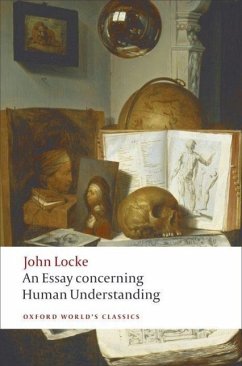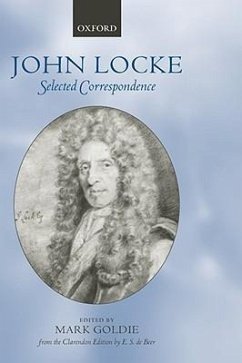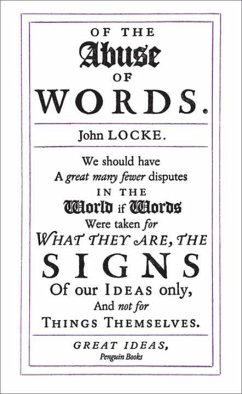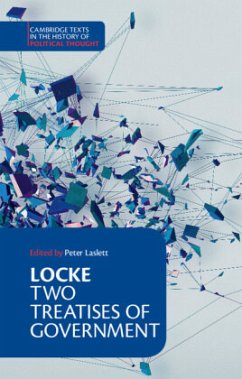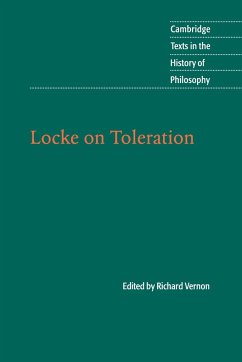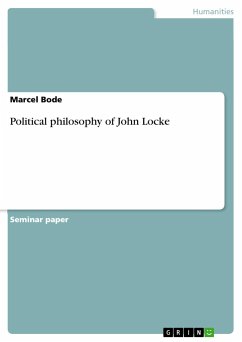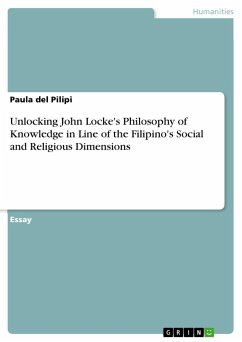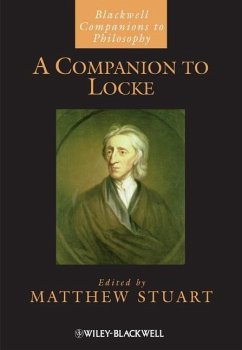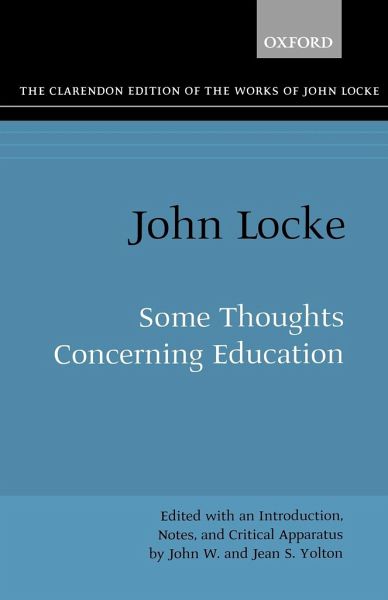
Some Thoughts Concerning Education
Versandkostenfrei!
Versandfertig in 1-2 Wochen
88,99 €
inkl. MwSt.

PAYBACK Punkte
44 °P sammeln!
Some Thoughts concerning Education, originally published in 1693, is one of John Locke's major works, the culmination of a decade's writings on the subject. It mainly concerns moral education and its role in creating a responsible adult, and the importance of virtue as a transmitter of culture. But Locke ranges also over such practical topics as the effectiveness of physical punishment, table manners, eating habits, varieties of crying, treatment of servants, and cruelty to animals. He discusses subject-learning, the teaching of foreign languages, and the order of studying different discipline...
Some Thoughts concerning Education, originally published in 1693, is one of John Locke's major works, the culmination of a decade's writings on the subject. It mainly concerns moral education and its role in creating a responsible adult, and the importance of virtue as a transmitter of culture. But Locke ranges also over such practical topics as the effectiveness of physical punishment, table manners, eating habits, varieties of crying, treatment of servants, and cruelty to animals. He discusses subject-learning, the teaching of foreign languages, and the order of studying different disciplines. Published when Locke was already famous for his doctrines about knowledge, the person, and civil society, this was the most comprehensive and detailed work of its time on education.



